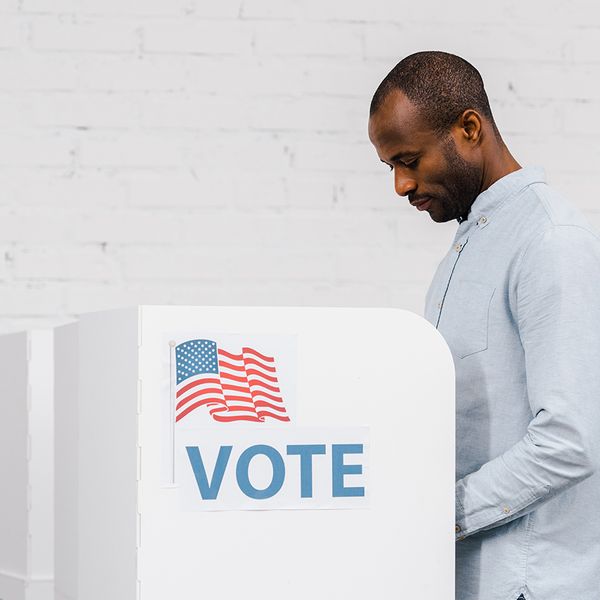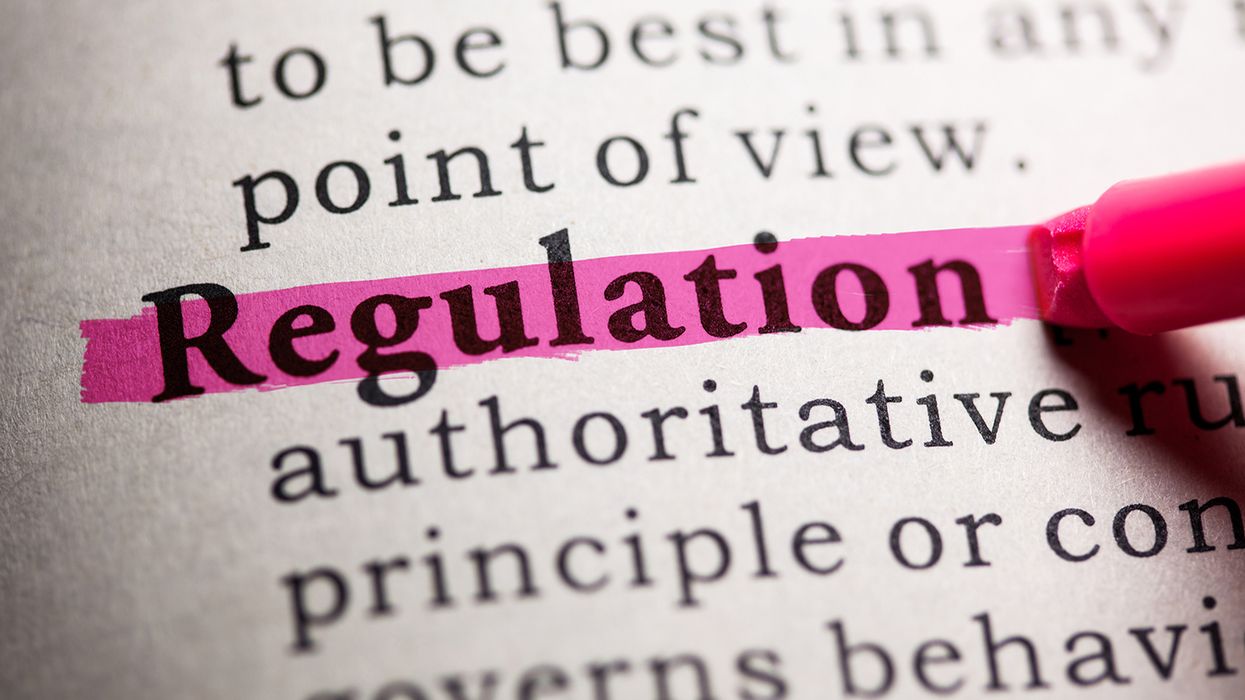Do employees have the right to talk politics at work?
Water cooler talk has always been part of the work environment, even if it occurs virtually. These conversations often involve hot topics, like politics, which can become controversial and lead to animosity among coworkers.
During times of intense disagreement, employees, being humans, are more apt to voice their opinions. Their views, however, might not align with everyone. Employers don’t want such water cooler talk to put their companies in hot water.
Freedom of speech
Some private-sector employees believe that the First Amendment gives them the right to free speech in the workplace, but those protections generally apply only to the federal government under certain circumstances. Contrary to popular belief, private employers may generally limit employees’ communication and speech, including political talk, during work hours. Such policies or practices, however, must comply with applicable laws, like:
- The National Labor Relations Act (NLRA),
- Title VII of the Civil Rights Act of 1964 (Title VII), and
- State/local employment laws.
The NLRA, for example, gives private-sector employees the right to discuss and criticize their terms and working conditions. As such, they may organize to try to improve those conditions. This applies to both unionized employees and non-unionized employees.
It doesn’t, however, protect employee speech outside of this area. If one employee simply voices an opinion, and that opinion isn’t related to the work/workplace, the employee wouldn’t have NLRA protections.
Title VII protects employees from discrimination based on protected characteristics. While political discussions can center on protected characteristics, political views by themselves aren’t protected characteristics.
How to curb employer risk
Employers may have a policy to help limit heated talk and the potential escalation. Such a policy can require employees to treat each other with mutual respect and to have civil and collaborative relationships.
A policy might indicate that the employer won’t tolerate disrespectful behavior in the workplace, and will intervene at the earliest sign of conflict to correct any misconduct and prevent it from reoccurring. Employees who violate the policy could be subject to disciplinary actions up to and including termination.
Employer policies can define disrespectful behavior as using discourteous, rude, impolite, or offensive words, gestures, or other behavior that may devalue and undermine a person and their dignity or self-esteem, or create an intimidating, hostile, abusive, or offensive environment. Such a policy can also promote and maintain a safe and healthy work environment where every individual is treated with civility, dignity, and respect.
State laws
Some states, such as California, New York, and Connecticut, protect employees’ political speech and activities. These laws can prohibit employers from taking adverse action against employees for refusing to attend or participate in mandatory employer-sponsored meetings, often referred to as “captive-audience” meetings.
They can also prohibit employers from requiring employees to listen to or receive communications regarding employer opinions on political or religious matters. These laws broadly define “political matters” to include matters relating to elections for political office, political parties, legislation, regulation, and the decision to join or support any political party or political or labor organization.
Key to remember: Employers may prohibit employee political discussions that don’t relate to the work or workplace, particularly if they could escalate into disrespectful behavior.




















































